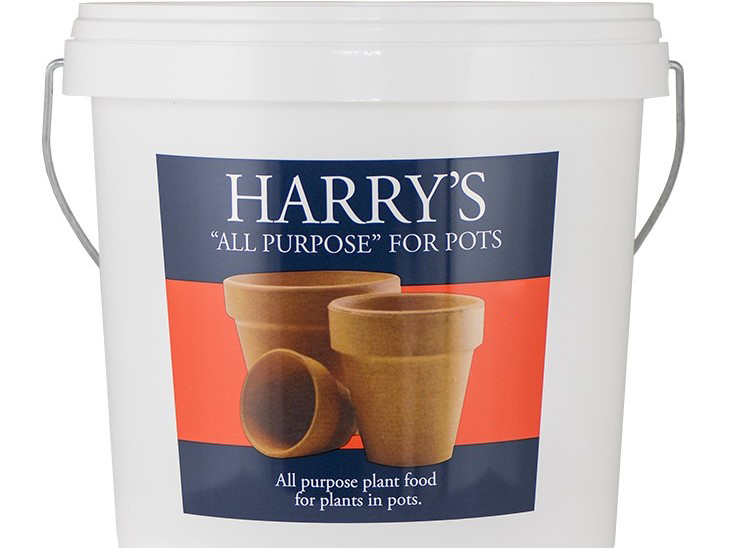All-Purpose Fertiliser for Potted Plants – Balanced Nutrition for Healthy Container Plants
Potted plants have limited access to natural nutrients since they grow in contained soil, making regular feeding essential. An all-purpose fertilizer provides a balanced mix of nutrients to support healthy growth, strong roots, and continuous flowering or fruiting for a variety of plants grown in containers.
Why Do Potted Plants Need Special Fertiliser?
Unlike garden plants, container-grown plants rely entirely on the nutrients available in their potting mix. Over time, watering leaches essential nutrients from the soil, which can lead to slow growth, weak stems, fewer flowers, and pale or yellowing leaves.
Choosing the Right All-Purpose Fertiliser for Pots
A good all-purpose fertilizer should be balanced and suitable for a variety of plants, including flowers, herbs, vegetables, and small shrubs. Look for:
✔ Liquid or Granular Slow-Release Fertilizers
✔ Balanced NPK Ratio (e.g., 10-10-10 or 20-20-20)
✔ Organic or Synthetic Options Based on Plant Needs
Key Nutrients in All-Purpose Fertilizer:
- Nitrogen (N): Promotes lush, green foliage.
- Phosphorus (P): Supports strong root development and flowering.
- Potassium (K): Enhances disease resistance and improves plant hardiness.
- Micronutrients (Iron, Magnesium, Calcium, Zinc): Prevent deficiencies that cause leaf yellowing, poor growth, or weak stems.
When & How to Fertilise Potted Plants
- Growing Season (Spring & Summer): Feed every 2–4 weeks for continuous growth and blooming.
- Fall (For Perennials & Shrubs): Reduce feeding to help plants prepare for dormancy.
- Winter (For Indoor Plants): Feed once a month or less, as many plants slow down their growth.
Application Tips:
🪴 Granular Slow-Release Fertilizer: Mix into the potting soil or sprinkle on top, then water well.
💧 Liquid Fertilizer: Dilute with water and apply during regular watering for quick absorption.
🌱 Organic Options: Compost tea, seaweed extract, or fish emulsion for natural, long-term feeding.
Common Mistakes to Avoid
⚠ Over-Fertilizing: Can cause root burn and excess leafy growth at the expense of flowers. Follow dosage instructions.
⚠ Skipping Fertilizing in Pots: Unlike garden plants, potted plants need consistent feeding since nutrients deplete faster.
⚠ Using the Wrong Fertilizer: Ensure the fertilizer suits all-purpose use and is safe for edible plants if growing herbs or vegetables.
Fertiliser for Potted Plants Summary:
Using an all-purpose fertiliser for potted plants ensures your container plants stay healthy, vibrant, and productive all season long. Whether you’re growing flowers, vegetables, or small ornamental plants, regular feeding will maximize growth and flowering potential.
